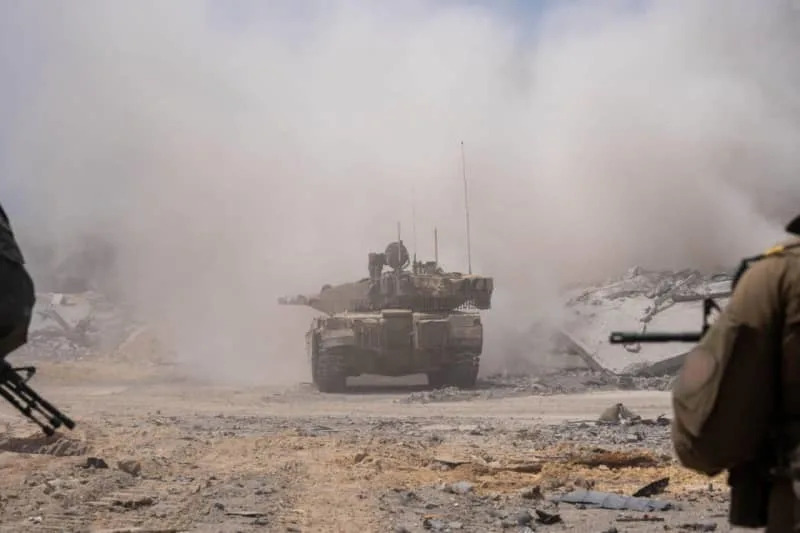
Israel’s energy infrastructure faces alarming vulnerabilities that could leave critical sites without electricity during wartime. A recent study led by Dr. Erez Cohen from Ariel University outlines significant weaknesses in the nation’s energy system, primarily stemming from a heavy reliance on natural gas, inadequate storage capacity, and excessive centralization. These factors raise concerns about Israel’s preparedness for potential crises, particularly in light of recent conflicts.
The findings, published in the scientific journal Energy Sources, Part B: Economics, Planning, and Policy, indicate that Israel’s electricity sector is not equipped to handle prolonged disruptions. Dr. Cohen’s research highlights four crucial weaknesses that could exacerbate the situation:
Overreliance on Natural Gas
Approximately 70% of Israel’s electricity generation is derived from offshore natural gas sourced from the Tamar and Leviathan gas fields. This dependency poses a significant risk, as there are no strategic reserves or backup systems in place. Dr. Cohen argues that this reliance makes the energy infrastructure particularly susceptible to threats such as missile attacks, terrorism, or cyberattacks.
Supply-Demand Gap and Storage Issues
A report from the State Comptroller in 2024 warns of an impending shortage of natural gas for the electricity sector, which could result in economic losses amounting to hundreds of millions of shekels by 2026. Compounding this issue is Israel’s minimal storage capacity for electricity generation. Although the country has achieved roughly 12% of its electricity generation from renewable sources, it lacks sufficient storage systems to ensure continuity during emergencies.
The national grid’s high level of centralization further exacerbates these vulnerabilities. Dr. Cohen explains that damage to a major power station or a single gas platform could lead to widespread outages across the entire country. In his analysis, he paints a concerning picture where essential services such as power, water, and hospitals could be left without energy during critical moments.
Dr. Cohen emphasizes the lessons learned from the recent Gaza war, stating, “In the Gaza war, we saw how our dependence on natural gas made us vulnerable. Any malfunction or hit on a central facility could paralyze the entire economy at a critical moment.”
Proposed Solutions and the Need for Action
Addressing these vulnerabilities requires decisive action from the government. Dr. Cohen advocates for a shift away from the current centralized system that relies heavily on a few offshore gas platforms. Instead, he calls for the development of local microgrids that can ensure critical areas, such as hospitals and water facilities, remain operational even if the national grid fails.
Investment in energy storage is equally critical. Dr. Cohen warns, “This isn’t an environmental luxury; it’s a national safety net. Without storage capacity, even renewable energy won’t save us in a moment of crisis.”
In addition to physical decentralization, he stresses the necessity of establishing a comprehensive digital and security defense network. This network should facilitate the creation of a joint emergency coordination unit involving the defense establishment, the Energy Ministry, and the Cyber Authority. Such a unit would manage the electricity sector in real time during crises, ensuring a coordinated response.
Dr. Cohen concludes with a sobering reminder: “We tend to think of electricity as a consumer product, but in reality, it’s a strategic weapon. If we don’t ensure backup, storage, and decentralization, we may find ourselves in the dark, precisely when we need the light the most.”
In light of these findings, urgent attention is needed to fortify Israel’s energy infrastructure against potential threats. The implications of inaction could be dire, not just for the economy but for the safety and well-being of its citizens during times of crisis.






